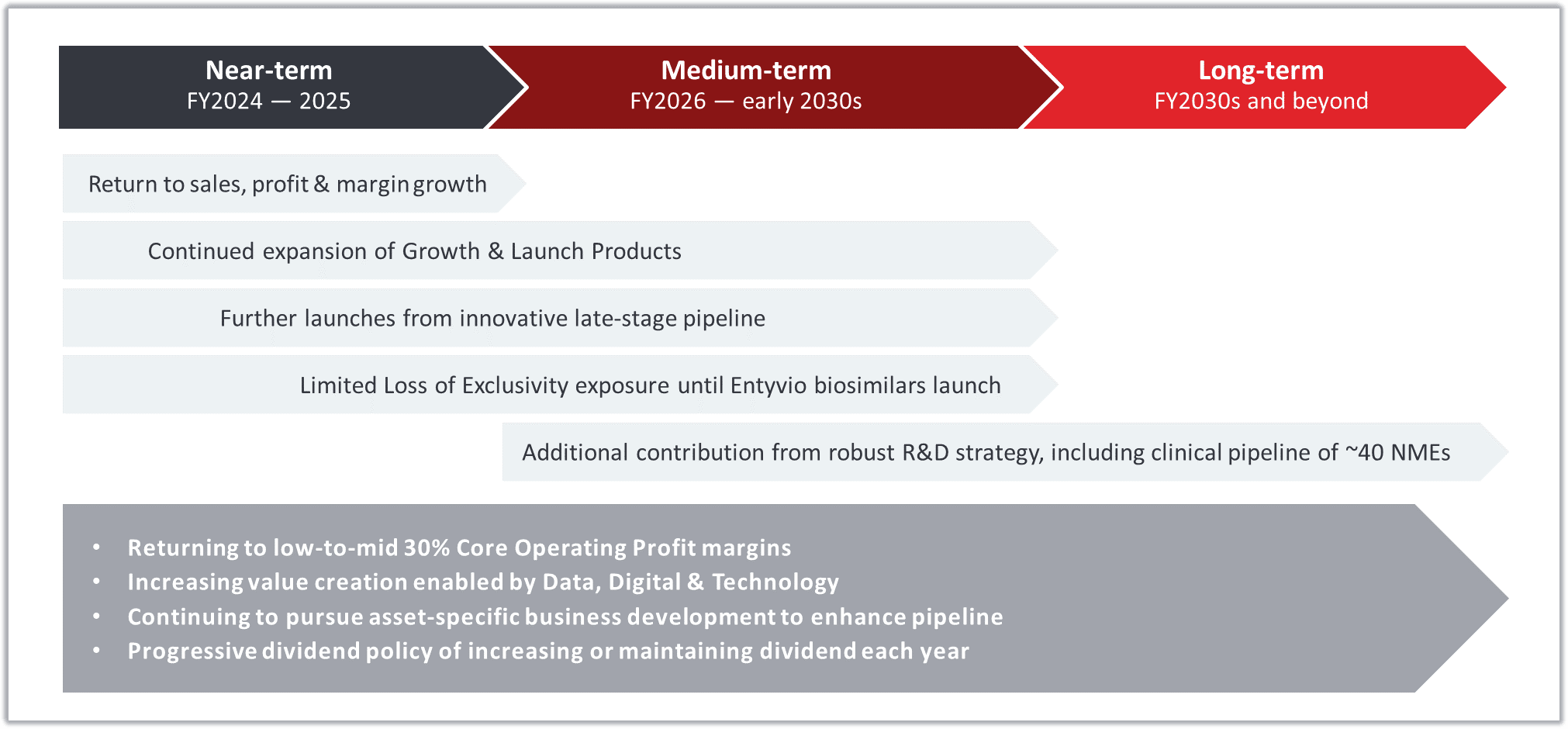In the world of investing, there are many terms and concepts that investors need to understand in order to make informed decisions. One such term is the ex dividend date, which plays a crucial role in the realm of dividend investing. In this article, we will explore what the ex dividend date is, how it works, and its significance for investors.

Credit: fastercapital.com

Credit: www.takeda.com
Table of Contents
What is the Ex Dividend Date?
The ex dividend date, also known as the ex-date, is an important date that determines whether or not an investor is eligible to receive the upcoming dividend payment. It is the cutoff date set by the company’s board of directors, after which the buyer of a stock will not be entitled to receive the dividend for that particular dividend period.
When a company declares a dividend, it also sets an ex dividend date. To be eligible to receive the dividend, an investor must own the stock before this ex dividend date. In other words, if an investor buys the stock on or after the ex dividend date, they will not receive the upcoming dividend payment.
How Does the Ex Dividend Date Work?
Let’s look at an example to understand how the ex dividend date works in practice. Suppose Company XYZ declares a dividend of $0.50 per share, and the ex dividend date is set as July 1st. If an investor buys the stock on or before June 30th, they will be eligible to receive the $0.50 dividend per share. However, if they buy the stock on or after July 1st, they will not receive the dividend for that dividend period.
It’s important to note that the ex dividend date is not the same as the record date. The record date is the date on which the company reviews its records to determine the shareholders who are eligible to receive the dividend. Typically, the record date is set a few days after the ex dividend date.
The Significance for Investors
Understanding and tracking the ex dividend date is crucial for dividend investors. By buying shares before the ex dividend date, investors can ensure they are eligible to receive the upcoming dividend payment. This is particularly important for income-oriented investors who rely on dividend income as a steady stream of cash flow.
Investors should also be aware that stock prices often experience an adjustment on the ex dividend date. When a company declares a dividend, the market price of the stock may be adjusted downward by the amount of the dividend shortly after the ex dividend date. This adjustment is to account for the fact that new buyers of the stock will not be entitled to the upcoming dividend payment.
Final Thoughts
The ex dividend date is a significant date in the world of dividend investing. It determines whether or not an investor is eligible to receive the upcoming dividend payment. By understanding and tracking the ex dividend date, investors can plan their investment strategies accordingly and ensure they capitalize on dividend opportunities.
Ultimately, dividend investors who pay attention to the ex dividend date can make well-informed decisions, maximize their returns, and build a robust dividend portfolio over time. So, mark your calendars and keep an eye on those ex dividend dates!